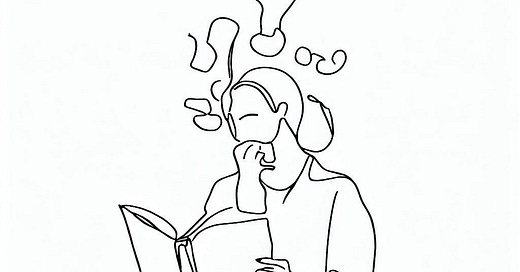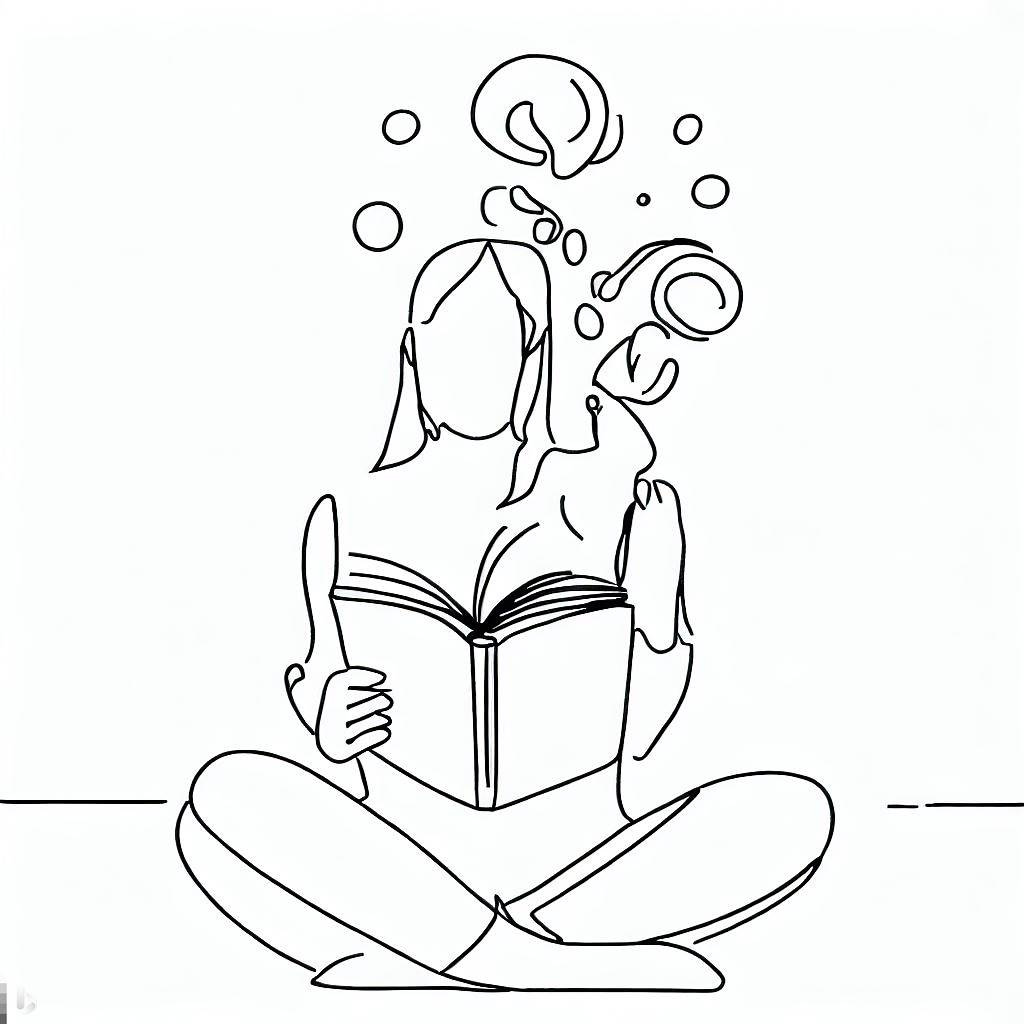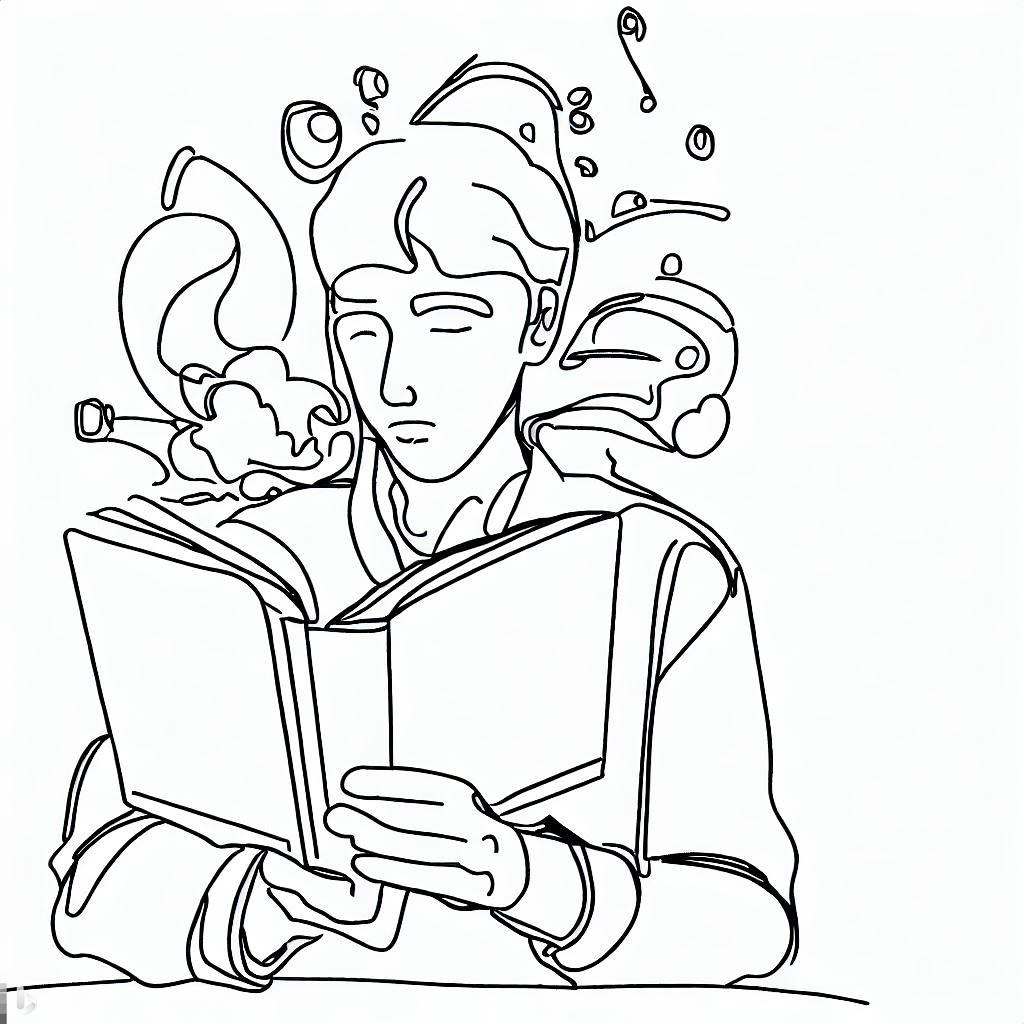Automation will create an opportunity for those in work to make use of the innate human skills that machines have the hardest time replicating: social and emotional capabilities, providing expertise, coaching and developing others, and creativity…. Automation could make us all more human.
In my former life, I was an English professor. Today, the thrust of my work is about preparing working-age learners for the uncertain world of work ahead. Although the throughline of my journey from academia to the future of work may seem hard to trace, it turns out that my literary past is more relevant than ever.
For all of the buzz about generative AI, our ability to thrive in a more turbulent world of work may rest on the skills that “make us all more human.” And the human skill that comes up the most in all of the projections about the future of work is empathy or emotional intelligence.
Indeed, it makes sense that as we relinquish more tasks and activities to robots, AI, and computers, our competitive advantage may reside in what machine learning cannot replicate.
The challenge is that even though empathy is innate within us, we’re not necessarily proficient at it. And while you can’t take a bootcamp in empathy, you can practice empathy in a low-fi way.
Saul Morson, an expert on Russian literature, explains in his piece, “Novelistic Empathy,” how reading literature is the best way to practice empathy. It is only through literature that we can linger in the subjectivity of another’s experience:
To really sense another person from within is to sense that person’s choices… Characters in a novel are neither words on a page nor real people: they are possible people. When we think of their ethical dilemmas, we do not need to imagine that such people exist, only that such people and such dilemmas could exist… We wonder what we do in their circumstances.
Characters are “possible people,” and we get to practice, as readers, seeing the world, thinking and feeling outside of our own selves. This is the art of being human—the practice of empathy—that we can’t really learn in any other discipline.
But this practice, Morson warns, is only possible if we go slowly. And that’s not possible with a professoriate that he amusingly condemns as having sucked all the joy out of reading literature. He balks at the way instructors demand that students read a novel or even two novels per week, while focusing on theory rather than dwelling in the richness of the texts themselves. At this pace, he argues, a student has got to believe that the text itself is dispensable and something to be glossed over. More importantly, that cursory read, or Cliff’s Notes version, reduces our engagement with empathy–and the practice we sorely need.
I wish I had read Morson’s piece while I was a professor so that I could have conveyed to my students that the close reading they were engaging in daily was deeply connected to the future of work that awaited them.
I work with various institutions of higher education that are trying to align their curricula with the needs of the labor market for more mature adult learners. Sequencing courses is key for working learners returning to college for some form of skills acquisition or lifelong learning.
If a returning learner seeking skills in project management or cybersecurity is thrown into a literature course featuring realist novelists such as Leo Tolstoy and Jane Austen, the experience can be jarring and seemingly irrelevant. That is, unless we explain that the most valuable workers now and in the future will be those who can combine technical knowledge with intellectual dexterity—morality, ethics, judgment and empathy.
A software engineering student, as an example, must be able to connect the value of reading literature to the engineering work ahead. And there are thought experiments available through reading literature that aren’t available elsewhere.
Think about the basic challenge of discerning fact from fiction in social media. These algorithms are “constructed not just from data,” Weapons of Math Destruction author Cathy O’Neil illuminates, “but from the choice we make about which data to pay attention to—and which to leave out. Those choices are not just about logistics, profit, and efficiency. They are fundamentally moral.”
Indeed, for tech giants such as Apple, Amazon, Facebook, or Google, there are no precedents for their engineers when they develop a new product that millions of people immediately adopt. Massive distribution can occur in a breathlessly short amount of time, and the implications are vast and potentially destructive. How do we ensure that the workers we are training understand how to think about the first-, second-, and third-order impacts and ramifications of what they are conceiving of or building?
It helps if we can “escape the prison house of self” and imagine being other people, says Morson. Literature gives readers the “constant practice in seeing the world from new perspectives and grasping what it is to be a different person.”
There’s a fancy term in literary criticism called free indirect discourse, which illuminates this way of getting inside the mind, psyche, and “inner speech” of the characters in a novel. It allows us to practice a feeling otherwise inaccessible to us: “We eavesdrop on [characters’] consciousness and co-feel their private feelings.” We’re able to consider how we would move forward if cast in the same situation.
It’s akin to simulation- or scenario-based learning in education and workforce technologies. It’s just a far more cost-effective, offline, no-device-needed way for us to center on the skills that define us as humans. By grappling with what we’d do in someone else’s shoes, we can engage closely with wicked and thorny real-world problems—even the ones that machine learning and generative AI throw at us.
We’d better start reading some more novels.
Dr. Michelle R. Weise is the author of Long Life Learning: Preparing for Jobs that Don’t Even Exist Yet and leads Rise and Design, a strategic consulting and advisory service for businesses and higher education institutions.








Michelle, what are a few of your favorite novels of all time?